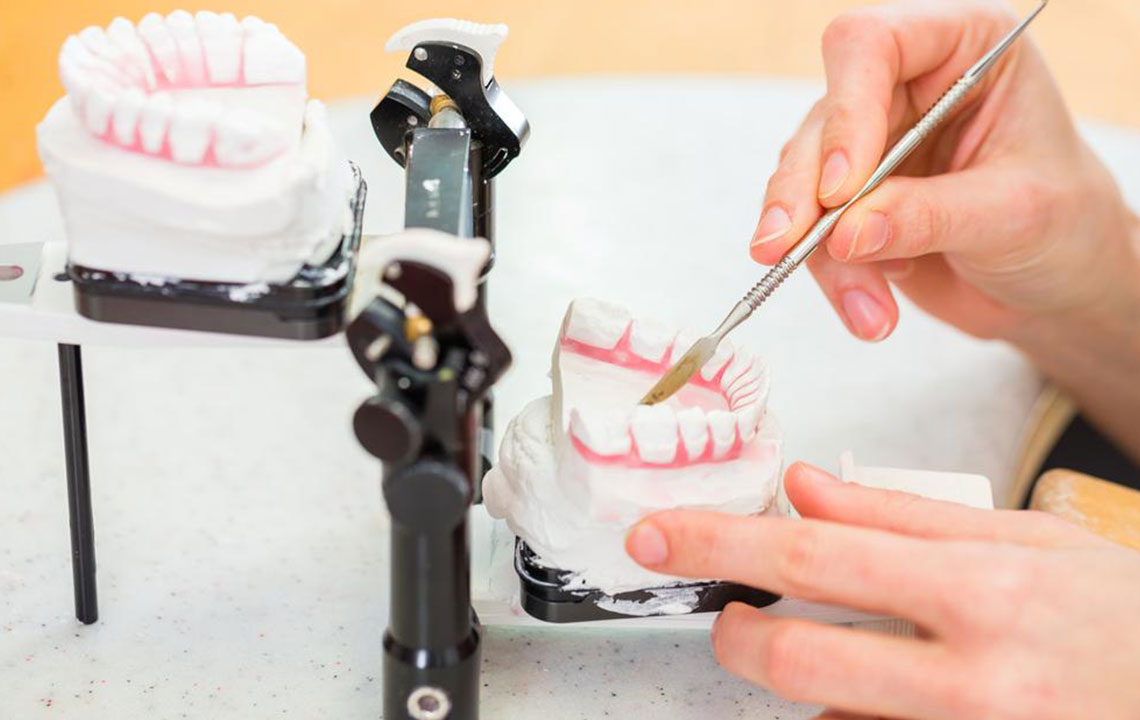Recognizing the Need for Lower Dentures: Key Indicators
This article discusses the key signs indicating when lower dentures are necessary. It highlights symptoms like loose teeth, persistent toothaches, and gum disease, emphasizing the importance of timely dental care. Proper oral hygiene can help prevent tooth loss, but dentures remain a practical solution for restoring confidence and functionality. The piece also advises consulting healthcare professionals for personalized treatment. Suitable for individuals experiencing dental problems or seeking preventative advice, it offers valuable insights into dental health and prosthetic options.

Recognizing the Need for Lower Dentures: Key Indicators
Loss of teeth or dental decay develop gradually, but it’s important not to assume you will never require dentures. Many individuals overlook the signs and believe their oral health is sufficient, yet dentures are more common than expected. Maintaining good oral hygiene is crucial in preventing the need for dental prostheses.
Typically, lower teeth issues are more prevalent, leading some to opt for lower dentures alone, while others may require full-mouth replacements.
Several signs suggest it may be time to consider lower dentures.
Dental Issues
Gum infections often cause loose or shifting teeth, especially in the lower jaw. Such symptoms indicate deterioration, and prompt replacement is advisable. Periodontal disease is a leading cause of tooth loss.Persistent Tooth Pain
Ongoing toothaches can signal severe decay. Initially, cavities may be treated with fillings or root canals, but infections that reach nerve tissue often require tooth removal. Multiple problems in the lower jaw might make dentures the best solution.Additionally, dentures can help restore confidence and improve oral functionality. Proper dental care can delay or prevent tooth loss, but dentures are a viable option when necessary.










